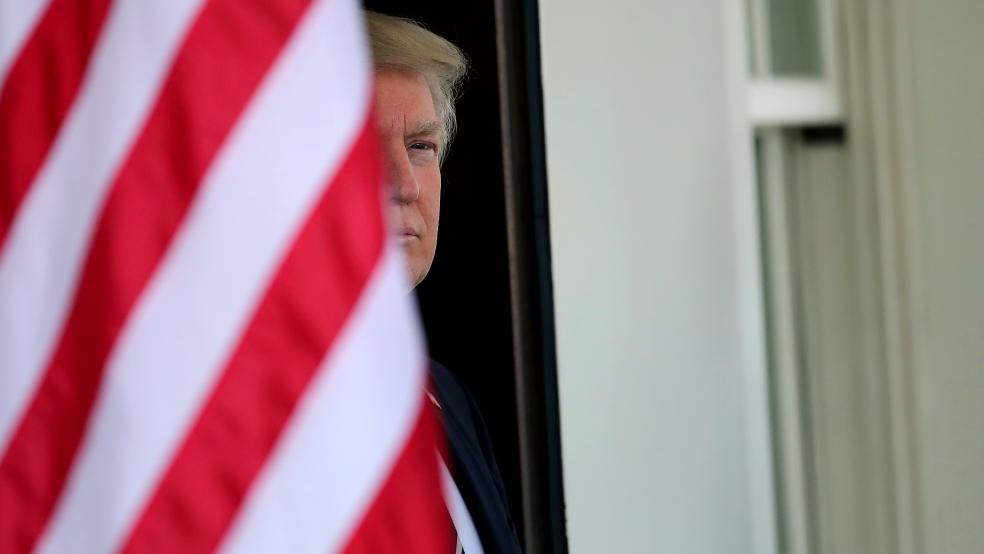WASHINGTON (Reuters) - U.S. President Donald Trump said on Wednesday he thinks Susan Rice, a former top adviser to President Barack Obama, committed a crime by seeking the identities of Trump associates mentioned in intercepted communications, but he declined requests for evidence, the New York Times reported.
In an interview, Trump declined to tell the New York Times whether he had reviewed intelligence to bolster his claim about Rice but said he would explain himself "at the right time."Rice said she had no immediate comment on the president's remarks when contacted by Reuters.Later on Wednesday, Erin Pelton, a spokesman for Rice, said in an email to Reuters: "I'm not going to dignify the President's ludicrous charge with a comment."Trump and his allies have focused on unsubstantiated reports that Rice, who served as Obama's national security adviser, disclosed the names of Trump aides swept up in U.S. surveillance of foreign targets.Rice dismissed the reports as "absolutely false" in an interview with MSNBC on Tuesday.According to five U.S. intelligence officials, Rice followed standard procedure in requesting the National Security Agency to reveal to her the names of American citizens who had been in contact with Russians whose communications were monitored by U.S. intelligence.It is unlikely she would have known that any unidentified American had a connection to Trump, the officials said.As White House national security adviser, Rice could not order the NSA to reveal the identities of any Americans. Instead, she could only request it to do so.Such requests, which a number of senior officials are authorized to make, trigger a legal and intelligence review by the agency to determine whether revealing the name has potential intelligence value and could expose a security threat to the United States, said one of the officials, who is familiar with the process and spoke on condition of anonymity to discuss internal intelligence procedures.There is nothing unusual, much less suspicious, about any request by Rice, said another intelligence official, especially since it could have revealed Russian intelligence contacts or agents operating in the United States. This official and two other intelligence officials said the NSA often receives dozens of such requests in a month.John Culhane, a professor at Widener University Delaware Law School, said he thought Rice could have a credible libel lawsuit against Trump. Though public figures like Rice face a higher standard in bringing such claims, Culhane said she could contend Trump demonstrated a “reckless disregard” for the truth.But the president typically enjoys immunity from civil lawsuits over official acts, Culhane noted, and a court could find that Trump’s interview with the newspaper was within the scope of his official duties. (Reporting by Susan Heavey, Mark Hosenball and John Walcott; Additional reporting by Jan Wolfe; Editing by Tim Ahmann and James Dalgleish)Trump, declining to provide evidence, says thinks Obama adviser Rice committed crime: NYT

© Carlos Barria / Reuters



